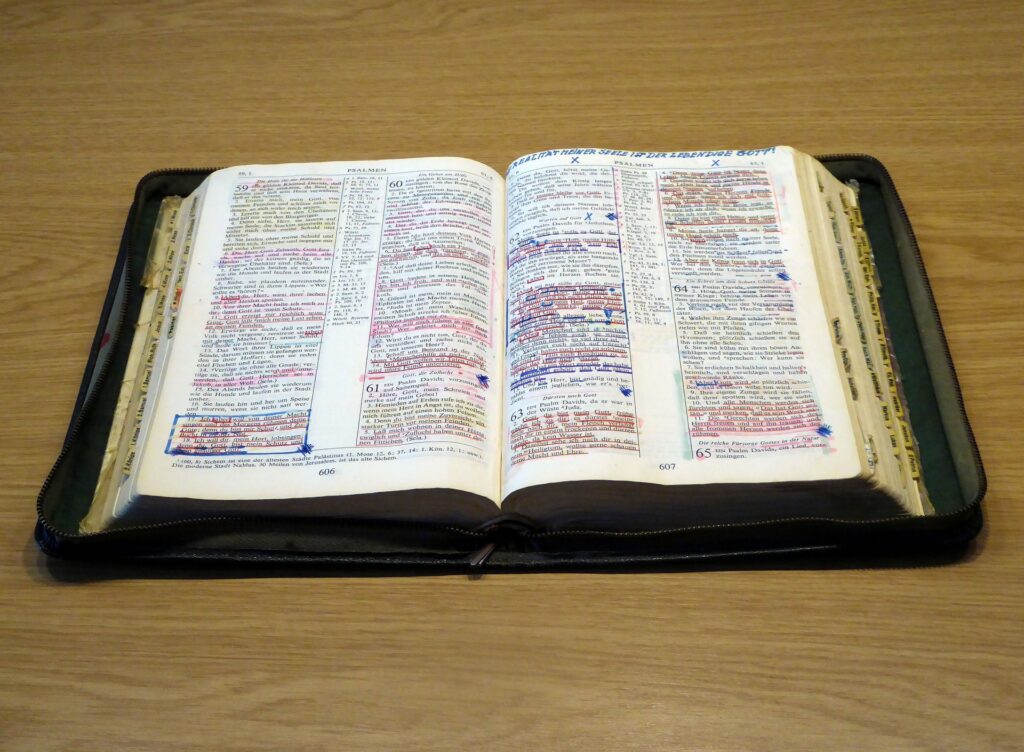
Bible Class Notes on 1 Peter 4:3 | Notes on the Petrine Epistles
The time that is past should suffice for doing what Gentiles like to do. Before their conversion to Christianity, these Christians lived like the rest of the world.
“Time that is past” stands in clear contrast to “the rest of your time in the flesh” (v 2). The time that these Christians had before their conversion is more than enough time to do what the Gentiles do. Since they had more than enough time to live the way they chose, they should no longer live as the Gentiles do. The life of the Christian has two clear timeframes: the time before he became a Christian and the time after he became a Christian. These two points of life should be drastically different.
The Gentiles like to commit certain behaviors. These behaviors are “licentiousness, passions, drunkenness, revels, carousing, and lawless idolatry.” The Gentiles stand in stark contrast to these Christians. Of course, the Jews called those on the “outside” Gentiles. Peter is here calling those on the “outside” Gentiles. This heightens the emphasis in this epistle that the church is the new Israel—Here Peter continues language comparing these Gentile Christians with the Jews.
The sins the Gentiles like to commit. Peter here gives a whole list of sins which Gentiles like to commit. Similar lists are found elsewhere in the New Testament. The best commentary on these verses is found in Romans 1:28-32. The most similar list is found in Romans 13:13. These deeds are much like the works of the flesh listed in Galatians 5:19-21.
The fact that similar lists were used so often suggests that this is a traditional list of vices. When one wanted to discuss what made one a sinner, he would mention the sins found here. This phraseology would be similar to our “sex, drugs, and rock-and-roll.”
The first two sins deal with sexual immorality while the next three deal with alcohol abuse.
An examination of the specific sins.
- “Licentiousness” refers to sexual excess.
- “Passions” is a neutral term. The term simply means “desire” and carries no evil overtones. Actually, the term is used in the New Testament in an ameliorative sense. The close connection with “licentiousness” in this verse shows that “passions” here refers to sexual lusts.
- “Drunkenness” obviously refers to intoxication.
- “Revels” refers to drunken parties as does “carousing.” A clear distinction between “revels” and “carousing” would be difficult to ascertain.
- “Lawless idolatry.” This idolatry is not lawless in that it violates Roman law. We know from the New Testament this isn’t the case. However, this idolatry is lawless in that it violates God’s law. That these other sins are connected with “lawless idolatry” shows that these sins are connected with pagan worship.
This Bible class was originally taught by Dr. Justin Imel, Sr., at the Owingsville church of Christ in Owingsville, Kentucky.





